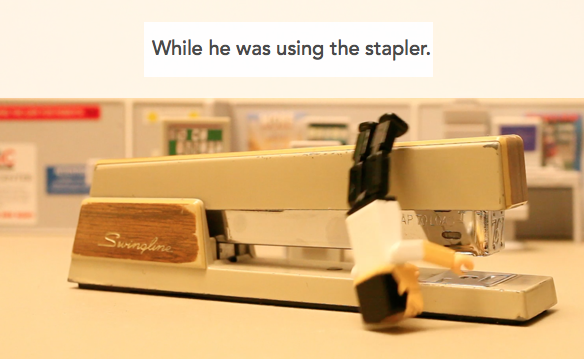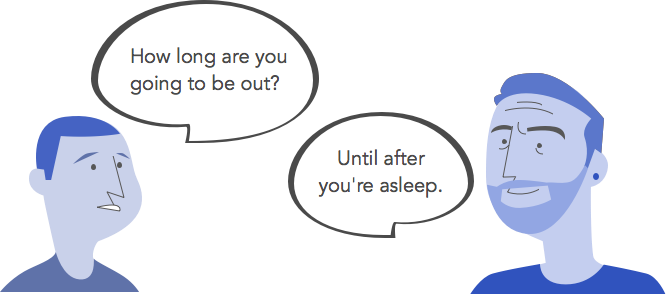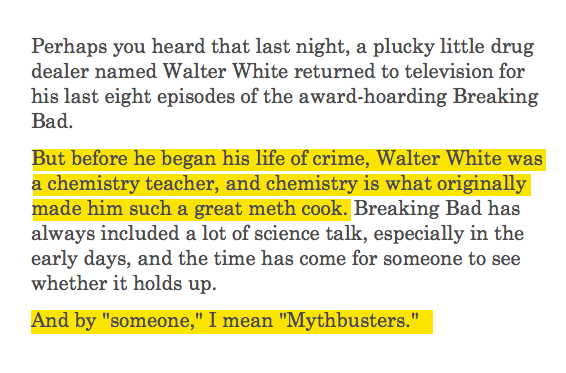Grammar
Sentence Fragments
What is a fragment?
A fragment is an incomplete sentence. To be complete, a sentence needs three things:
- A subject
- A predicate
- A complete thought
If a phrase is missing one of those things, it's a fragment. To learn more about the parts of a sentence, review our lesson on Sentences.
A sentence needs a subject
The subject of a sentence is who or what the sentence is mainly about. A group of words without a subject is a fragment. For example, take a look at this phrase:

We know that someone or something went to the movies. But we don't know who or what went. So this phrase is a fragment.
Orders and commands (like Go clean your room! or Stand up straight!) might look like fragments, since they don't have subjects you can see. But the subject of these sentences is actually the word you. You can learn why in our lesson on Sentences.
A sentence needs a predicate
The predicate of a sentence shows what's going on. If a phrase doesn't have a predicate, it's a fragment. Let's take a look at an example:

We know that Fred is the person this sentence is about, but we have no idea what he's doing. So this isn't a complete sentence.
Our examples might make it seem like all fragments are short, but that's not true. Here's an example of a long fragment: The girl with big hair who lives around the corner and is allergic to shellfish, peanuts, and almost any kind of ravioli. Can you tell why that isn't a sentence?
A sentence needs to complete an idea
Let's look at this example: While he was using the stapler. Is that a sentence? It has a subject and a predicate, but it's still not a complete thought. We don't know what happened while he was using the stapler.

You can recognize this kind of fragment by paying attention to the first word in the phrase. Sometimes that word makes you think there will be more to the sentence, like the word while in our example. That tells you that you're looking at a fragment.
Here's another example of a fragment where there's some information missing: Because I was running late to work and didn't have time to drink my usual three cups of coffee. We know something happened because this person was running late and didn't drink his or her coffee. But we don't know what happened.
Is it OK to use fragments?
We often use fragments when we speak, especially when we answer questions:

It's fine to use fragments when you talk, because everyone knows what you mean. But what about when you write? Fragments are OK in some kinds of writing. Fiction writers and poets sometimes use them to make their writing sound more like people talking. Even nonfiction writers use fragments to make certain ideas stand out in their writing.
For example, here's a passage from an article on NPR's website. Click on the yellow dots to find out why the highlighted parts are fragments.

Fragment 2
This is a fragment because it starts with and, but doesn't tell us what else is going on. And what? We know because the last paragraph says someone is checking the science on Breaking Bad. But the sentence by itself doesn't tell you that.
Fragment 1
This is a fragment because it starts with the word but, but doesn't give us further information. The previous paragraph tells you that the but is referring to Walter White being a drug dealer. If you saw the sentence by itself, you wouldn't understand that.
So fragments are correct in some situations. Even professional writers use them. But fragments are usually considered wrong in school papers, tests, and formal work e-mails or letters. In those situations, make sure you use complete sentences.
Nonfiction writers do use fragments a lot, and that includes people who write for this website. This lesson contains nine fragments, not counting the examples. See how many you can find!






